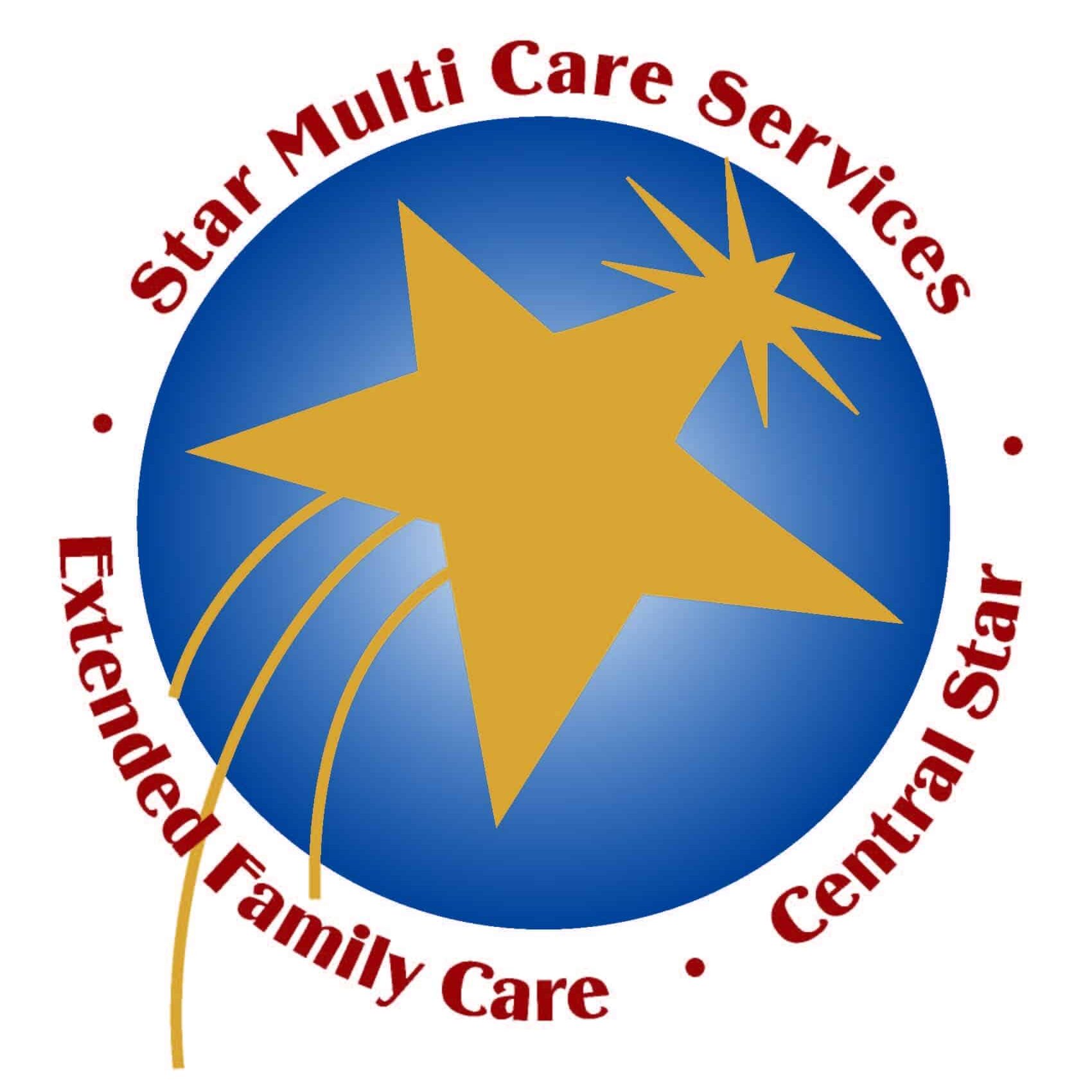
If your parent has recently been diagnosed with Alzheimer’s, both of you may be experiencing various emotions that range from denial to fear and anger to grief. It’s important to be able to communicate these feelings. Ultimately, you will want to get to the place where you have accepted what may lie ahead and are living in the present, appreciating what both of you have now. There are specific steps you can take now that will help bring this sense of balance to both of your lives.
Plan
Take time to plan for the future. Alzheimer’s progresses differently for every individual, but the early stage can often last for several years. Now is the time to discuss future considerations such as legal, financial and long-term care. Though your parent may need little support with daily activities right not, getting a caregiving team in place in advance can take the pressure and worries off of tomorrow. Cast your net wide and include friends, family, neighbors, home care providers, and groups that your parent may be a part of.
Daily Life
A few of the early signs of Alzheimer’s include forgetfulness, inability to recall words or losing the thread of a conversation. They may need help remembering to take their medication, scheduling their appointments, comfort and support when they become confused in time and place and ultimately, transportation.
It’s important to help them remain as independent as possible for as long as possible. Unless a specific activity puts your parent at risk for injury or becomes stressful, it’s best to let them to continue to perform it. Instead of jumping in when you sense they are getting frustrated, set up a system where they can let you know that they need help, whether finding a word during a conversation or completing a daily task. This could be as simple as an “Okay?” from you and a nod yes or no from them.
Maintaining a Positive Lifestyle
Help your parent lead a positive, happy life despite this diagnosis. Encourage exercise by enjoying daily walks together. Exercise has been shown to possibly slow down the progression of this disease. Help them incorporate a healthy diet that is rich in fruits and vegetables and foods high in omega-3 fatty acids such as salmon.
Routines help your parent develop a sense of stability in changing times. Create this sense of consistency by scheduling daily activities. It often helps them to wake up and go to bed at the same time every day. If they take naps, schedule them at the same time and for a specific duration that still allows them to get a good night’s sleep. Help them limit their intake of alcohol and caffeine particularly towards the end of the day.
Support
As the disease progresses, you will need help and support and so will your parent. Consider joining an early-stage Alzheimer’s support group. The Alzheimer’s Association offers a 24/7 helpline: 800-272-3900. Obtain the services of a home care provider who can get to know your parent now and help them prepare for the days and years ahead. They can assist them when they need help, including transportation. They can accompany them on daily walks and prepare brain-healthy meals. They can provide companionship in times of change.
If you or an aging loved one are in need of elder care services in Plainview, NY or the surrounding areas, contact the caring professionals at Star Multi Care Services today at (631)956-8835. We are the Right Choice for Home Health Care Services!
Resource
http://www.alz.org/care/alzheimers-early-mild-stage-caregiving.asp
https://nihseniorhealth.gov/alzheimerscare/afterthediagnosis/01.html
- Helping Seniors Age in Place - March 12, 2025
- Companion Care VS Licensed Home Health Care - March 10, 2025
- Senior Scam Seminar – Protecting Our Seniors - March 10, 2025

